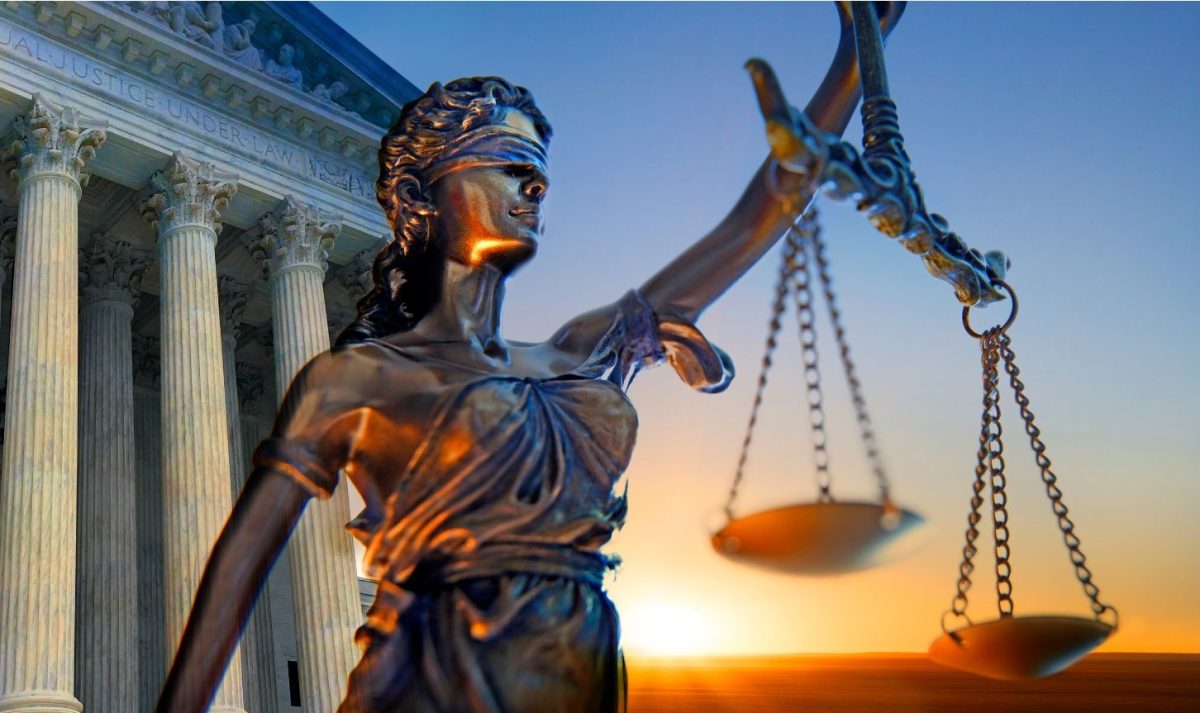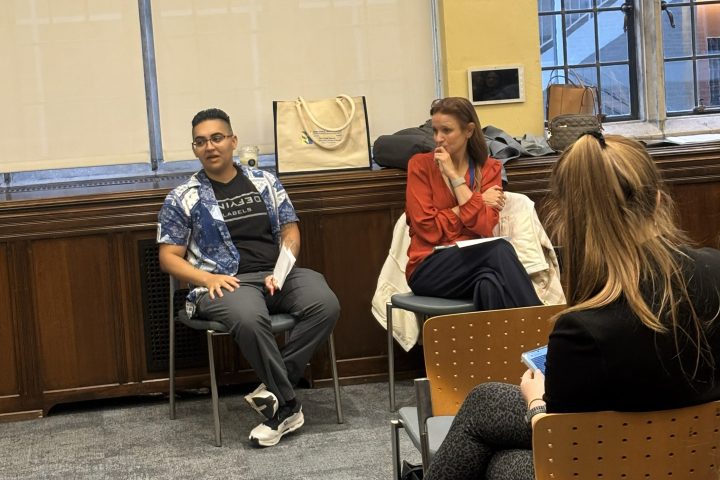Breaking Down Haaland v. Brackeen

On November 9, 2022, The Supreme Court heard the oral argument for Haaland v. Brackeen, a case representing a fight for Native children, Native families, and Tribal Nations against a constitutional challenge to the Indian Child Welfare Act (ICWA).
ICWA was passed in 1978 in response to a long historical practice of removing Indian children from their families and tribal communities after recognizing a significant disproportionality of Native children in the child welfare system. In 1978, 25-35% of Indian children were removed from their homes by state child welfare and private adoption agencies, and 85% of those removed children were placed outside of their families and communities, even when fit and willing relatives were available for placement (NICWA, 2023). ICWA has since been considered the Gold Standard of child welfare laws for (1) mandating that families receive active efforts to keep children safely in their homes, (2) promoting the children’s best interest by maintaining their connection to their culture, extended family, and community, and (3) promoting placement stability by ensuring truly voluntary adoptions (NICWA, 2023). Despite the protections and practices ICWA have implemented, Haaland v. Brackeen has threatened the survival of the Act by presenting several constitutional challenges.
There are two main constitutional challenges being presented to the Court: violations of (1) equal protection and (2) anti-commandeering doctrine. However, there is a third possible constitutional challenge that plaintiffs are also arguing in front of the Court: a violation of the non-delegation doctrine. Critics of ICWA claim that because the provision applies specifically to Indian children, the act relies on a race-based classification that is prohibited under the Equal Protection Clause. However, defendants of the Act argue that the provision is not based on racial identification; rather, the tribal membership or association that governs the placement is a political designation, as established under the precedent case Morton v. Mancari. With respect to the anti-commandeering doctrine, the plaintiffs argued that by allowing ICWA to require state agencies to spend money and resources in a certain manner, ICWA is violating the federal anti-commandeering doctrine that prohibits the federal government from requiring states to adopt or enforce federal law. However, ICWA proponents have argued that the legal burdens placed on states by ICWA are minimal, and Congress has the power to require state judges to comply with and enforce a law that Congress has passed. Furthermore, the plaintiffs argue that ICWA violates the Constitution a third time by violating the non-delegation doctrine, which prohibits Congress from delegating its legislative power to other branches of government to protect separation of powers principles, by allowing Congress to delegate placement preferences to tribes who are not administrative agencies. In response, ICWA proponents have countered that the non-delegation doctrine is not relevant to the issue because tribes are separate sovereigns (NICWA, 2023) that operate under a sovereign-to-sovereign relationship with the federal government.
During the oral argument, the Court seemed to split on the issues, but consistently demonstrated a heavy adherence to previous precedents establishing tribal sovereignty. A decision is expected in the spring of this year. Although many scholars find it crucial for ICWA to be upheld, the conversation cannot end there. It is easy for the broader implications of ICWA and its implementation in practice to get lost in the conversation over its legal constitutionality. Even before ICWA was constitutionally challenged, many Native children still faced the challenge of ICWA noncompliance among child welfare agencies. Factors such as insufficient understanding and underappreciation of Tribal sovereignty and failure to incorporate Indigenous conceptualizations of family as compared to American ideals of individualism have served and continue to serve as obstacles to ICWA compliance.[1] These obstacles will not disappear overnight and will not go away even if ICWA is upheld in the Court. While the legal constitutionality of ICWA is an important issue, what is truly important is how the causes behind the enactment of ICWA are addressed now and in the future.
________________________________________
[1] Meschelle Linjean & Hilary N. Weaver (2022): The Indian Child Welfare Act (ICWA): Where we’ve been, where we’re headed, and where we need to go, Journal of Public Child Welfare, DOI: 10.1080/15548732.2022.2131696
National Indian Child Welfare Association (NICWA). 2023. https://www.nicwa.org


